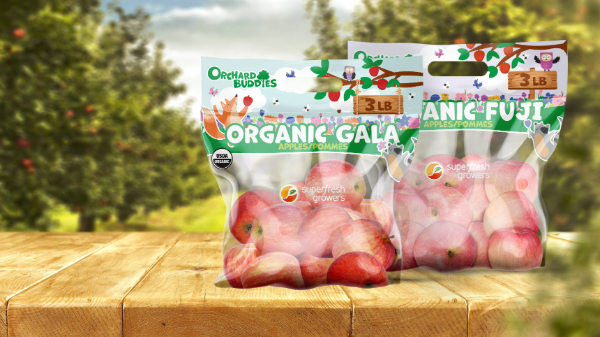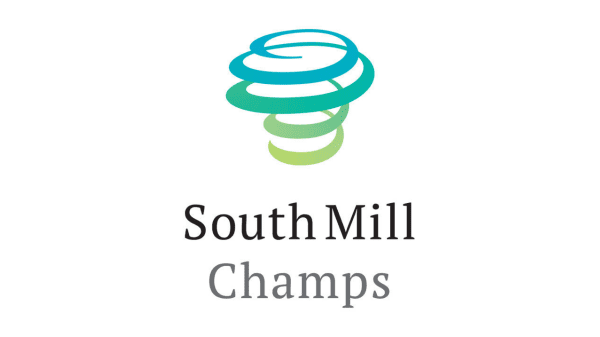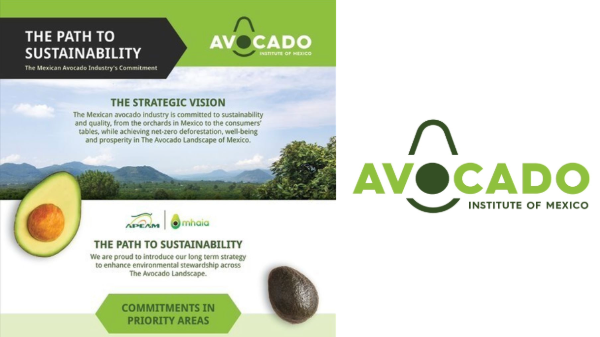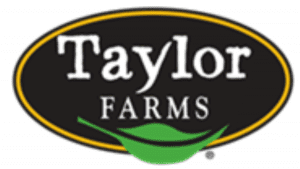Welcome to Blue Book!
Are you ready to join the thousands of companies who rely on Blue Book to drive smarter decisions? View our plans and get started today!
Still have questions? We’d love to show you what Blue Book can do for you. Drop us a line– we’ve been waiting for you.

It has grown especially difficult to encourage students to pursue fruit and vegetable breeding, which requires a level of dedication many students seem unwilling to give.
In her conversations with representatives from seed companies, Cooks says some have expressed concern about the future and who will continue the work after the current generation of breeders retires. To combat the problem, UC Davis’ Seed Biotechnology Center launched its Plant Breeding Academy in 2006, a two-year program designed to train seed industry professionals.
A subsequent outreach program, called ‘Seed Central,’ was created in 2010 and helps connect students and professors with industry experts, who often teach short courses at the university. Cook recommends these courses for working professionals in the produce industry, as well as graduate and undergraduate students.
Cook maintains that for students to be competitive in the admissions process and succeed in the College of Agriculture, a strong math and science background is essential. Success in rigorous STEM- oriented fields of study within the college also translates to higher earnings after graduation, she points out.
Beth Mitcham, director of the Postharvest Technology Center at UC Davis, also urges agriculture students to take some economics and business courses to give them a well-rounded perspective, as well as more postharvest courses: “Selfishly, but also practically, I wish more people knew about postharvest biology, because it’s often an afterthought. The focus is on production and production issues, and yet we lose so much food after it is harvested. It’s starting to gain some recognition in the media, but many students leave ag programs without ever hearing a word about it.”
Beyond undergraduates receiving superb training for careers in produce, Cook sees opportunities for UC Davis graduate students to respond to industry needs in every field, such as precision agriculture and the application of new technology. Students not only benefit from rigorous coursework, but from professors engaged in targeted, hands-on research. “We’re on the cutting edge.”








